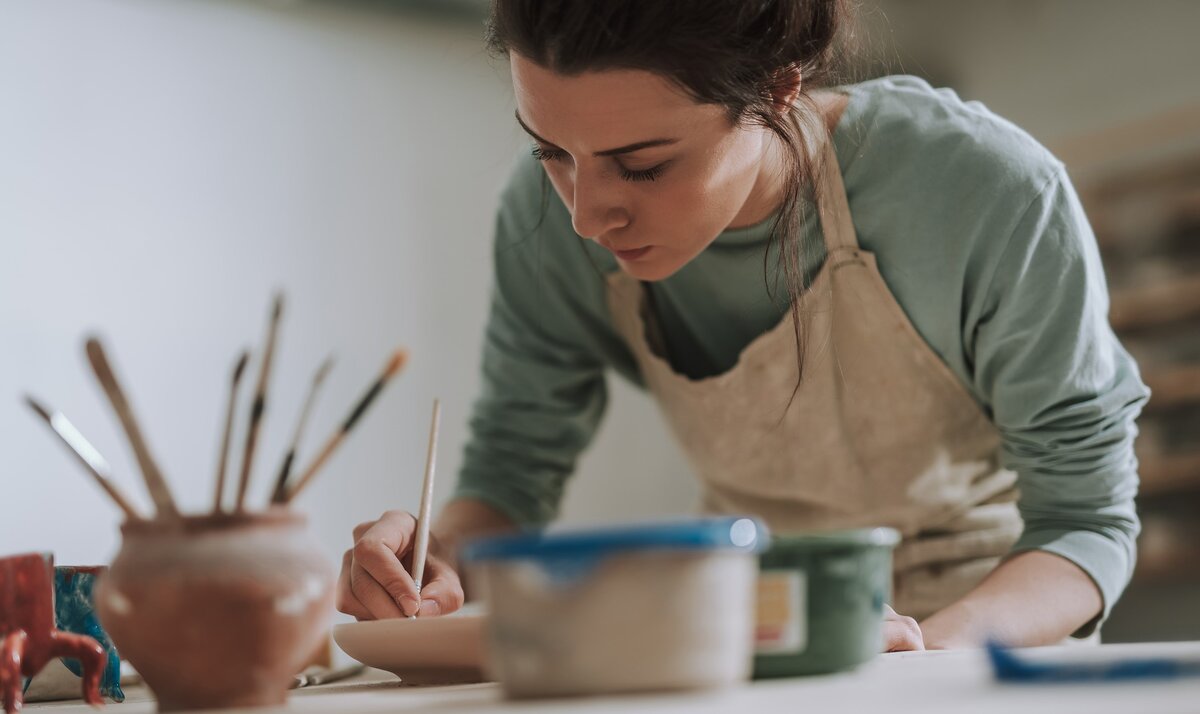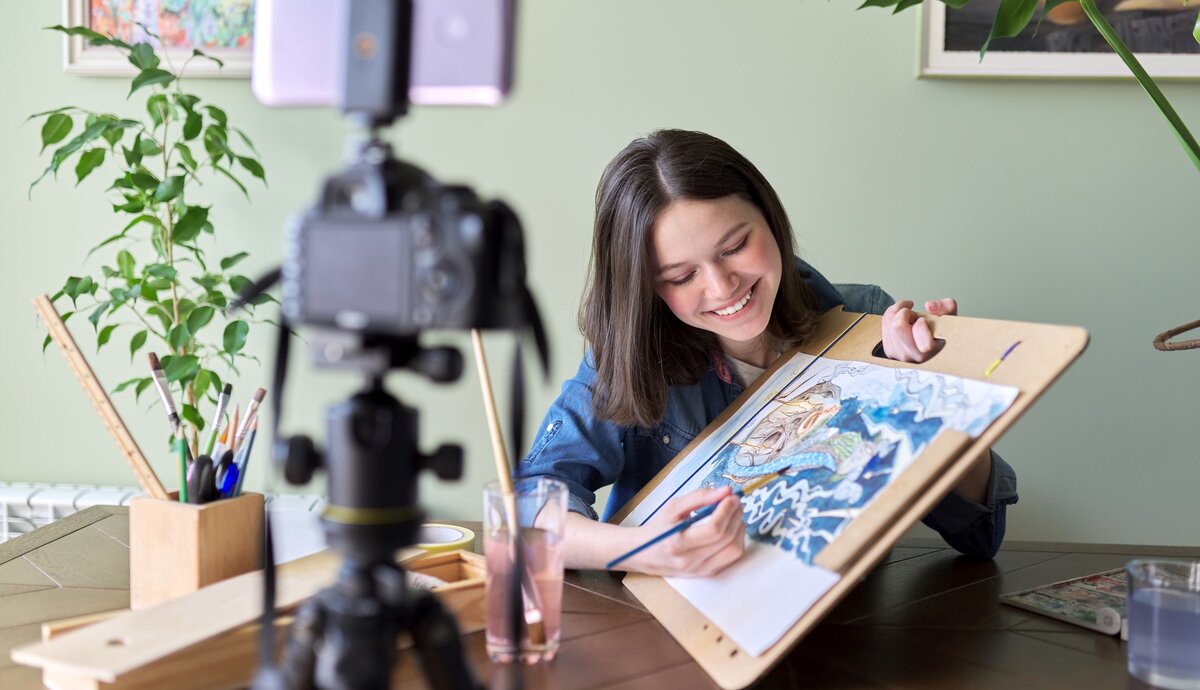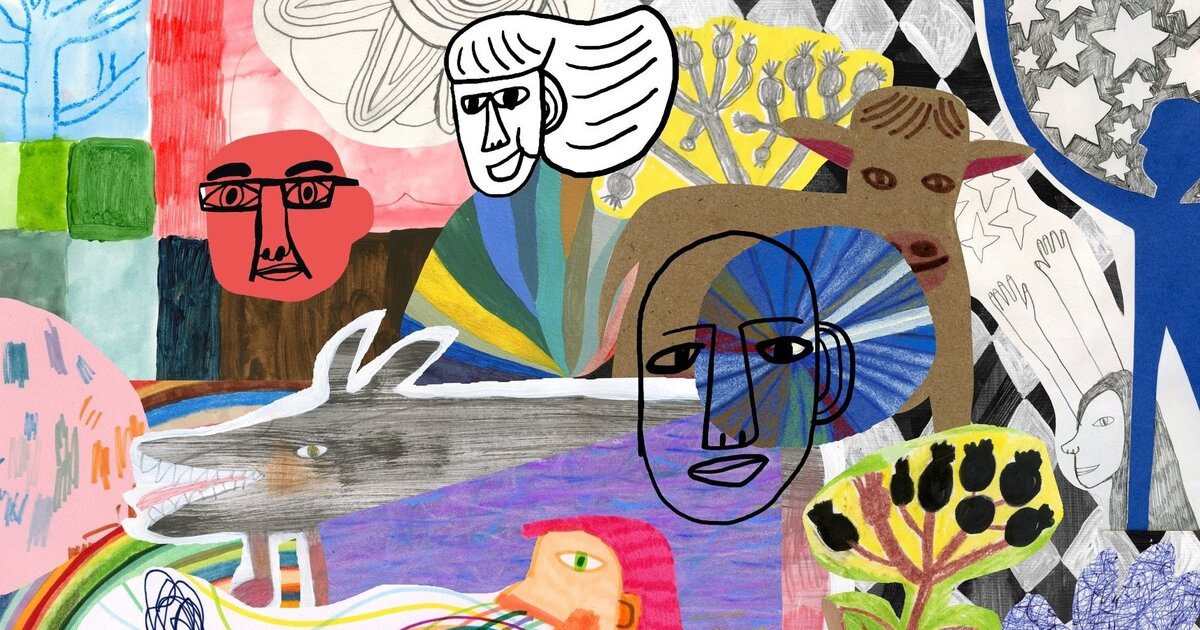Managing recovery is anything but a one-dimensional experience. As trying as it can be to manage and treat physical symptoms and behaviors, the reality is, this is far from the only way substance dependency can affect us. Rather, the emotional side of the equation should always be considered — dealing with health concerns is a stressful experience, and it can quickly become psychologically taxing on the affected individual.
Plus, in the case of addiction, these emotional concerns are often the cause of the person’s disorder in the first place. If they aren’t treated alongside the dependency, then it is often far more difficult for the individual to stay motivated and prevent relapse in the long run. Long-term sobriety should always be the goal, even if it’s a lengthy and difficult process to get there.
Unfortunately, if the individual in question is so focused on managing or improving their physical health, it can be difficult to remember to treat the whole self. After all, addiction is a whole-self experience, even if this illness is typically known for the damaging physical effects it can have on an individual. In reality, treatment is rarely a simple procedure. So, it’s vital that the emotional side of battling substance dependency be accounted for as well — this is the only way to truly go about treating the whole person to help improve overall wellbeing and quality of life.
On a positive note, there are several ways to address and care for the impact addiction and recovery can have on our mental health. One of these methods is known as expressive arts.
By involving creative arts in health and healing, the overall experience may grow more manageable, as the individual is better equipped to address and tend to their emotional wellbeing. It can be too easy to neglect this side of the recovery experience — for this very reason, treatment aids such as expressive arts can be an incredibly valuable asset to healing.
What Are Expressive Arts, and What Does ‘Expressive’ Mean in Art?
 To preface, keep in mind that “expressive arts” can come in a wide variety of forms. Although visual art forms such as drawing, painting, and crafts are often the first to come to mind, these are far from the only methods of expressive artwork.
To preface, keep in mind that “expressive arts” can come in a wide variety of forms. Although visual art forms such as drawing, painting, and crafts are often the first to come to mind, these are far from the only methods of expressive artwork.
Rather, expressive art is a versatile treatment method, with a great deal of flexibility and possibilities. For instance, this form of substance dependency treatment can come in the form of visual arts (such as drawing and painting), music, dance or other forms of movement, written word (including poetry), and drama or other performing art inspired therapies.
Not all traditional art therapy practices fall under the umbrella of “expressive arts,” however. In some art therapy strategies, treatment is addressed from a top-down level. Much of the time, this isn’t the best (or most natural) way to address the issue.
In reality, a bottom-up approach is a far more productive plan of action. By supporting addiction recovery in a bottom-up way, it’s far easier for treatment providers to hone in on the patient’s somatic-sensory experiences, before moving naturally along to their narratives and emotions. Within the brain, this means that we are focusing on the lower brain, before shifting over toward the patient’s higher and limbic brain.
Through expressive arts, it’s possible for individuals in recovery to tune into their own embodied and sensory experiences. Expressive art is far less about creating “art” that’s intended for the viewing pleasure of outside parties.
Instead, providing the individual with an outlet of expression is the top priority — so, there’s no reason that they have to be “good” at creating art, or have any prior experience doing so. Anyone can utilize creative means to express and release a buildup of thoughts and emotions.
The Health Benefits of Expressive Arts for Wellness
As we’ve mentioned, expressive arts offer a variety of healing benefits to those in recovery from substance dependency. However, more specifically, what are some of the benefits patients can expect to see? Here’s just a few of them:
Lowering Stress Levels
In addiction recovery, stress is a vital factor to address — for a number of reasons. For instance, recovery, itself, is often a stressful experience for the individual. It isn’t easy to work your way out of a substance dependency due to the physical or psychological addiction as well as the emotional strain of getting to the root of the issue. In either case, stress is an expected response for the patient to undergo.
Much of the time, stress is one of the core reasons an addiction develops in the first place. Many individuals in recovery from substance dependency developed their addiction as a result of stress or difficulties within their lives.
In recovery, it’s important that the root cause of the dependency is addressed and resolved — if this doesn’t occur, then the patient will be far more susceptible to relapse after they’ve exited treatment. Seeing as the goal of recovery is long-term sobriety, this is a far cry from what those in treatment should be aiming to achieve.
Expressive arts are one method to help those in recovery better manage and learn to understand their own stress. These activities are intended to be relaxing for the individuals practicing them due to the emotional release they can provide.
Helping Improve Focus
 Through drawing their attention away from the disorganized or cluttered thoughts in their own head and allowing themselves to redirect their attention into the present moment, expressive arts are useful to help improve focus.
Through drawing their attention away from the disorganized or cluttered thoughts in their own head and allowing themselves to redirect their attention into the present moment, expressive arts are useful to help improve focus.
When we’re dealing with emotional complications, becoming trapped in our own heads can quickly lead to issues. Thoughts and anxieties can become overwhelming, and this can make it incredibly difficult to focus on the present moment outside the patient’s own mind.
Expressive arts allow a patient to address their emotions and anxieties in a way that allows them to unravel their thoughts and better focus their own mind. Through participating in expressive art therapies, the patient’s focus is drawn into the current moment as they express and learn to better understand complicated emotions.
Discovering a Sense of Happiness
Additionally, engaging in expressive arts during recovery can improve an individual’s happiness. There’s a great satisfaction that comes with creating something new, whether or not that creation is intended to be enjoyed by others. Even when the art you’ve created is solely to support and help guide your own recovery, it’s natural to develop a sense of pride toward the work you’ve created.
Overall, the cathartic nature of expressive arts can have a positive impact on a patient’s happiness. From the satisfaction of creation, to the emotional release, and so on, expressive art therapies have the ability to improve overall happiness during recovery from substance dependency.
Nurturing Emotional Growth
As we begin to better understand our own emotions, it becomes far simpler to grow. During recovery, the emotions you’re experiencing can feel confusing, or even overwhelming — this can make it difficult to better understand your own mind, which is a necessary step to achieving emotional growth and development.
Providing Social Benefits
Additionally, keep in mind that many expressive art therapies are social or collaborative activities. As a result, these therapies can be useful in allowing patients to socialize and get to know their peers in recovery.
Even if someone is struggling to connect with or get to know other individuals in their recovery program, expressive arts provide them with a guided opportunity to do so. Not only is the patient expressing and learning to better understand themselves, but additionally, they’re working through this experience alongside others who understand. As a result, expressive arts are a fantastic way to bring patients together on an emotional level, during recovery from substance dependency.
Other Benefits of Expressive Arts
In addition, expressive arts can help individuals to boost their own immune systems, as well as reduce employee burnout, when utilized in the workplace. The benefits are endless it seems.
What Is Expressive Therapy Used For?
 Considering it is a broad and versatile method of treatment, expressive therapy has a wide array of applications. In general, it’s often difficult to verbally express certain thoughts and emotions. This is especially true in instances of addiction, mental illness, or trauma.
Considering it is a broad and versatile method of treatment, expressive therapy has a wide array of applications. In general, it’s often difficult to verbally express certain thoughts and emotions. This is especially true in instances of addiction, mental illness, or trauma.
Whenever these feelings are left to fester within someone’s own head, they aren’t being unraveled and addressed in a constructive way — instead, they’re only adding to the individual’s suffering. This can make recovery significantly more difficult.
Expressive art therapies allow an individual to release and express their own emotions in a way that often feels more natural. Thus, expressive therapies can help that patient to better connect with their own emotions, making it easier for them to understand and address the root cause of the issue.
Keep in mind that expressive therapies aren’t only useful in instances of addiction or mental health recovery. Rather, expressive arts can also be highly beneficial to those battling physical illnesses, such as cancer. Again, illness isn’t a one-dimensional experience, no matter the condition being addressed.
Even in instances of physical illness, the patient is going to experience stress and emotional repercussions — sometimes, these effects can be severe, and can make the recovery process far more difficult for that patient to manage.
Is Expressive Arts Therapy Evidence-Based?
Although there’s always more research to be done, so far, there’s quite a bit of evidence pointing toward the effectiveness of expressive arts therapy for a variety of health conditions.
For instance, a 2014 literature review on expressive therapies found that several forms of expressive art were useful in helping treat a number of conditions. Music therapy, for example, appears to be especially beneficial in cases of terminal illness, such as cancer and cases of depression, dementia, and children with Autism Spectrum Disorder.
Visual arts therapy shows promise with mental illness as well asthma and even breast cancer. Dance therapy also seems to be beneficial for treating an array of conditions, including schizophrenia, depression, and emotional eating. Finally, drama therapy shows promise as a means to reduce behavioral issues in young students.
Expressive Art and Addiction Recovery
 Here at ECHO Recovery we have a special focus on helping artists in recovery. We know the power art has to help both individuals and communities by allowing us to share stories and connect in new ways.
Here at ECHO Recovery we have a special focus on helping artists in recovery. We know the power art has to help both individuals and communities by allowing us to share stories and connect in new ways.
Unfortunately, treatment is not cheap and many people seeking help for a substance use disorder can’t afford a program focused on art as a tool for recovery. Additionally, many insurance companies don’t pay for art therapy, making it difficult for service providers to include the program.
We hope to change this by helping more individuals find access to art programs and resources. We believe in the healing power of expressive arts. We have seen how art can not only help an individual while in recovery, but for the rest of their lives.
Interested in helping out? You can donate to the ECHO Foundation, volunteer with us, or even become a corporate sponsor. Are you an art teacher, art therapist or artist in or for recovery? Teach an art class. Share your story with us. Create an item for our merch shop. Have another idea on how we can collaborate? Reach out!
We appreciate all of your support in helping us make a difference.
Jenny Weatherall is the co-owner and CEO of Eminent SEO, a design and marketing agency founded in 2009. She has worked in the industry since 2005, when she fell in love with digital marketing… and her now husband and partner, Chris. Together they have 6 children and 3 granddaughters.
Jenny has a passion for learning and sharing what she learns. She has researched, written and published hundreds of articles on a wide variety of topics, including: SEO, design, marketing, ethics, business management, sustainability, inclusion, behavioral health, wellness and work-life balance.


